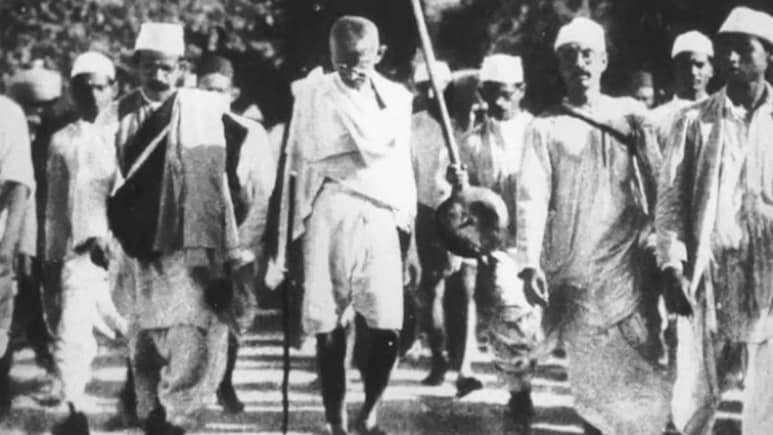
- Lord Mountbatten chose August 15 for Indian Independence Day in 1947
- August 15 marked Japan's World War II surrender, ending imperial conflict
- Power transfer and partition were initially set for June 1948, moved to August 15
The last Viceroy of India under British rule decided that India would observe its Independence Day on August 15, a day which in 1947 marked the second anniversary of Japan's surrender in World War II. This, Lord Mountbatten later said, represented the conclusion of imperial conflict and not nationalist jubilation.
Just two years before August 15, 1947, Japan's emperor surrendered to the Allies, ending World War II. The country's war dead crossed 3 million. The date of Japan's surrender also held significance for Lord Mountbatten, who had fought against the Japanese in the War as a Navy officer in erstwhile Burma.
The Indian Independence Bill was given Royal Assent in July 1947, which was to "make provision for the setting up in India of two independent Dominions, to substitute other provisions for certain provisions of the Government of India Act, 1947". Lord Mountbatten was appointed to chalk up a plan for the transfer of power from British hands to Indian control and for the partition of the erstwhile united India into two countries.
The date decided for transfer of power and partition was decided to be no later than June 1948. Amid rising communal violence and worsening law and order, a change of plans came. The British Parliament decided that the colonial rule in India would end on August 15, 1947.
As a result of the partition, India and Pakistan were born, although exact boundaries were disclosed only by August 17 to avoid unrest. Pakistan's official papers and its founding father, Muhammad Ali Jinnah, originally used the date August 15 to refer to the day of independence. But by 1948, Pakistan had moved its celebrations to August 14 for practical and symbolic reasons.
Track Latest News Live on NDTV.com and get news updates from India and around the world

